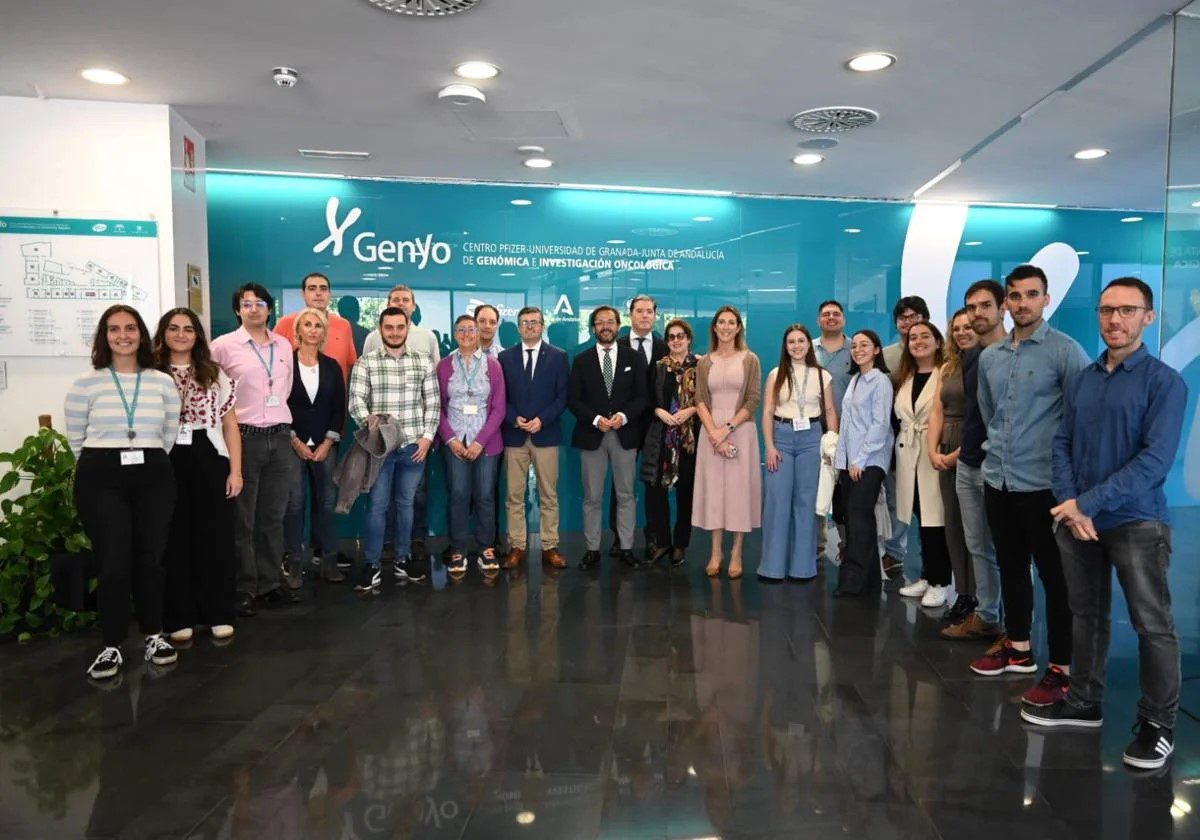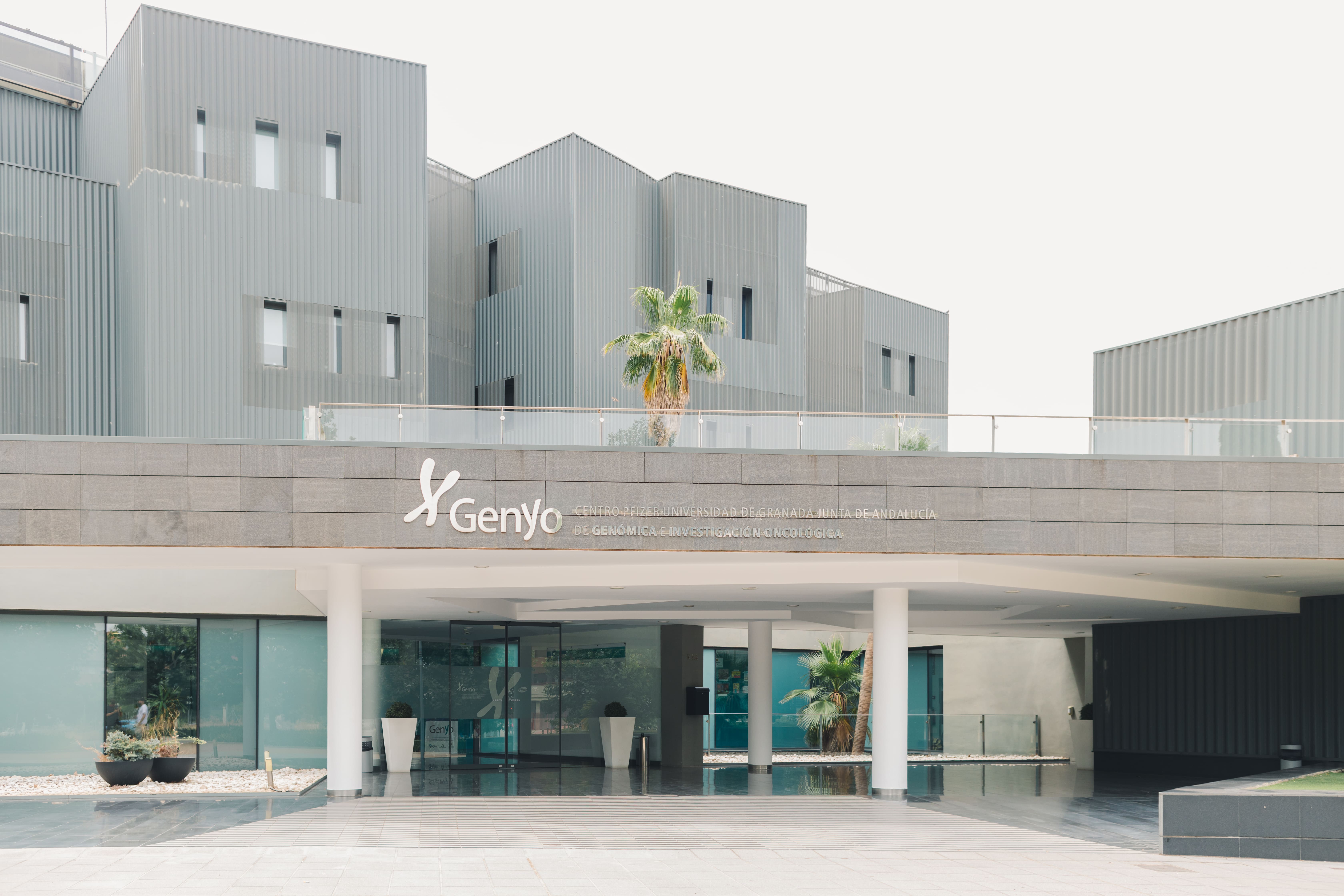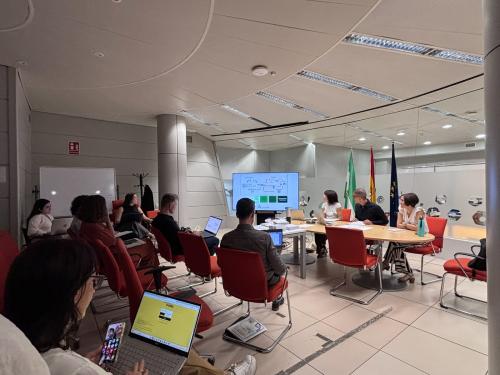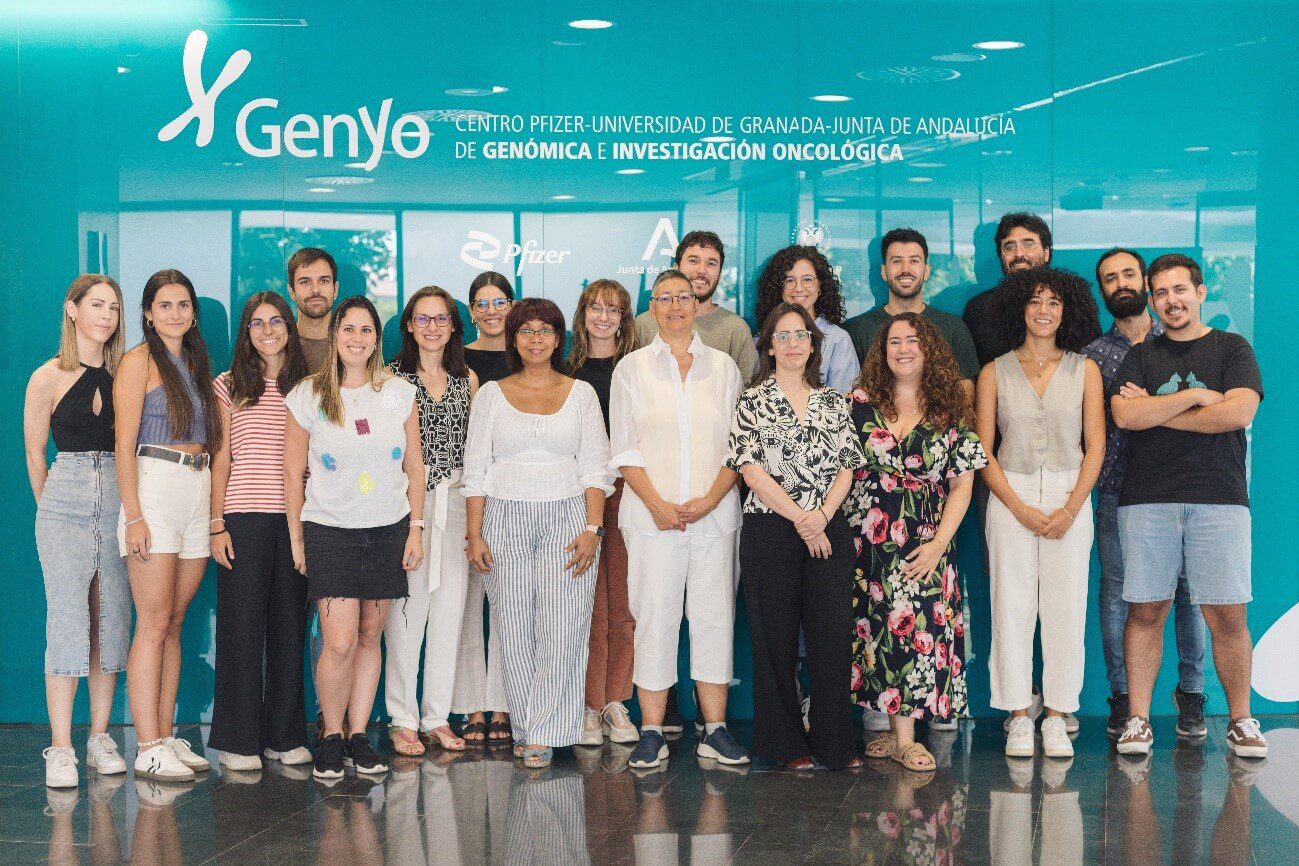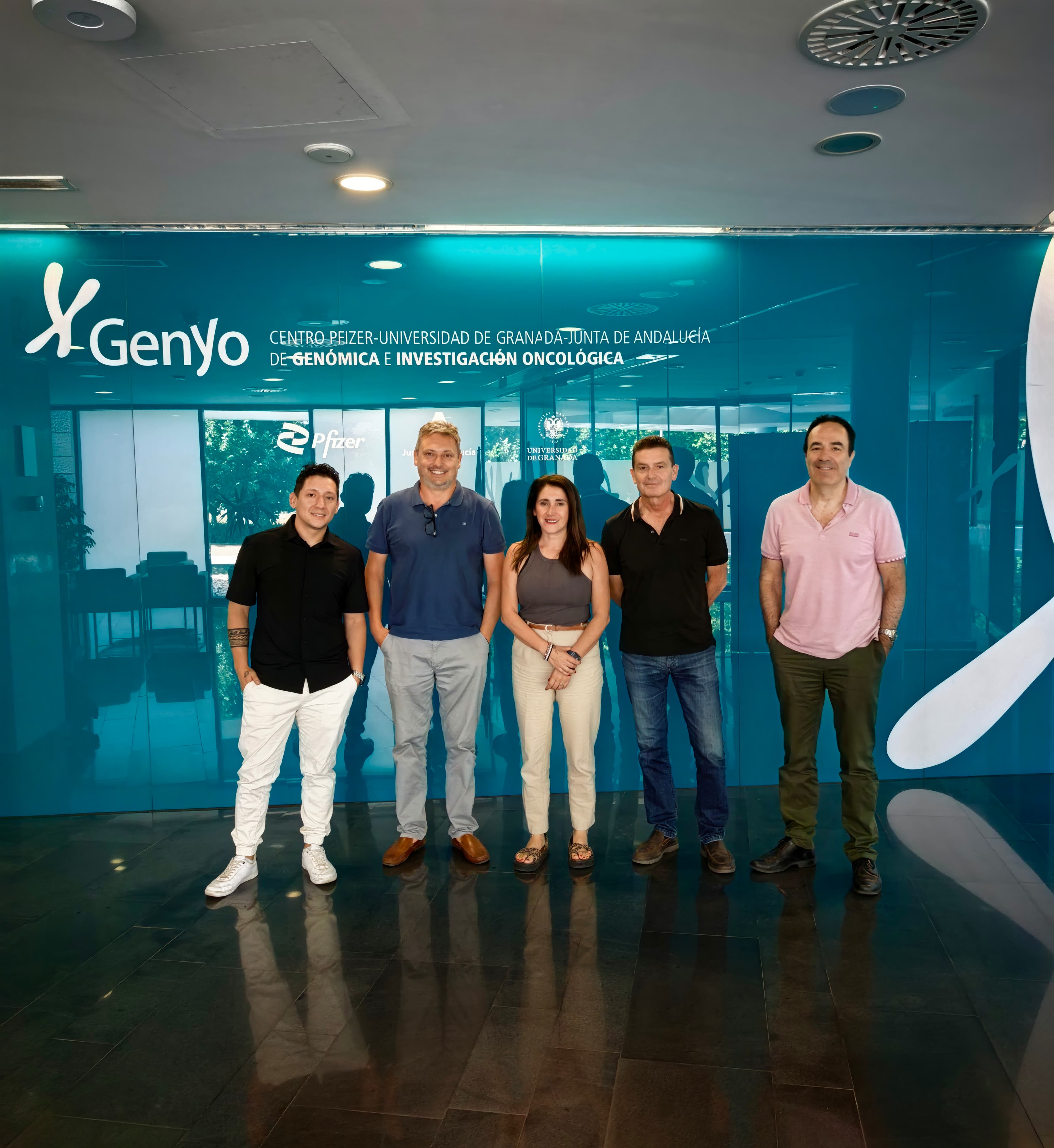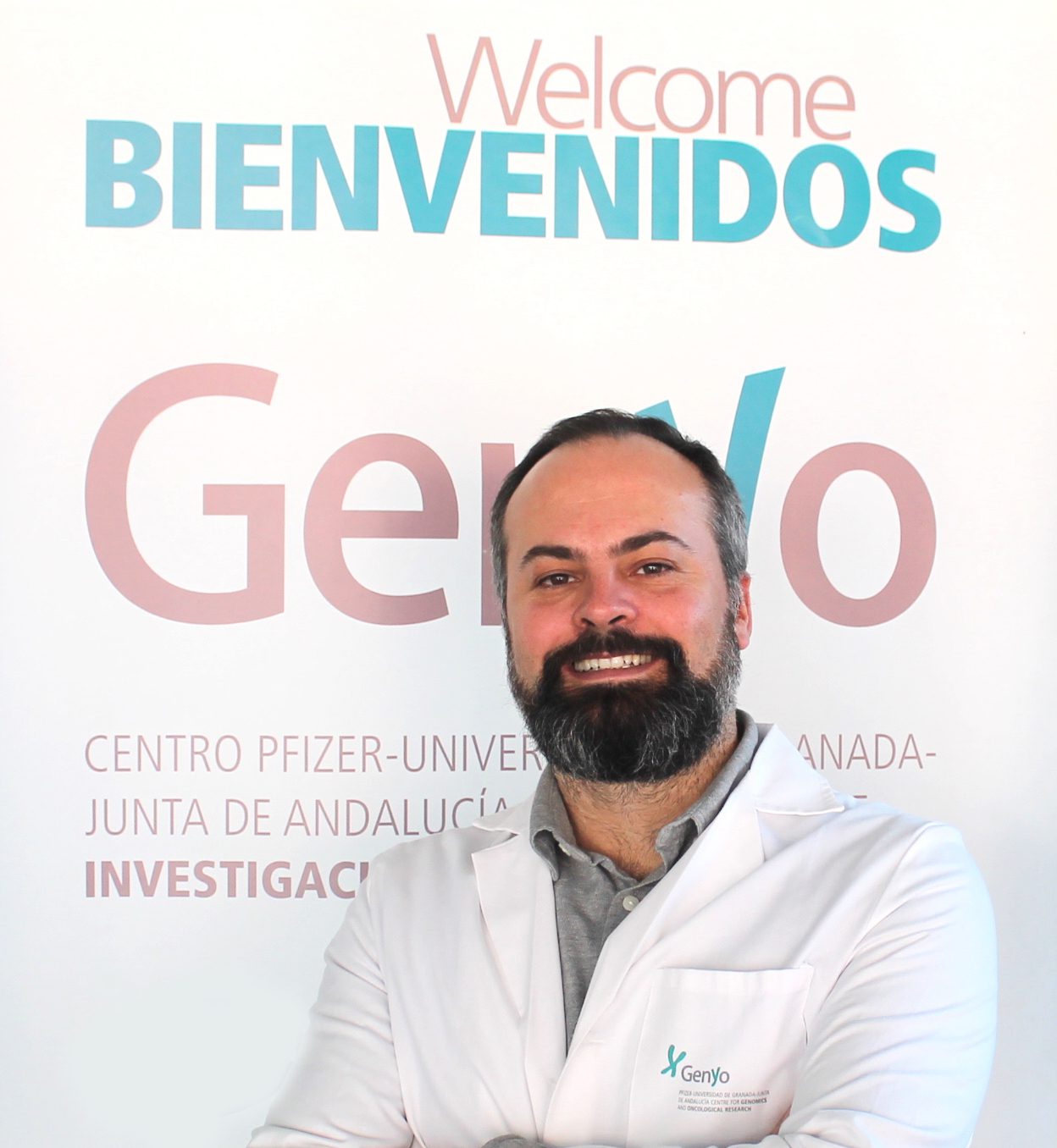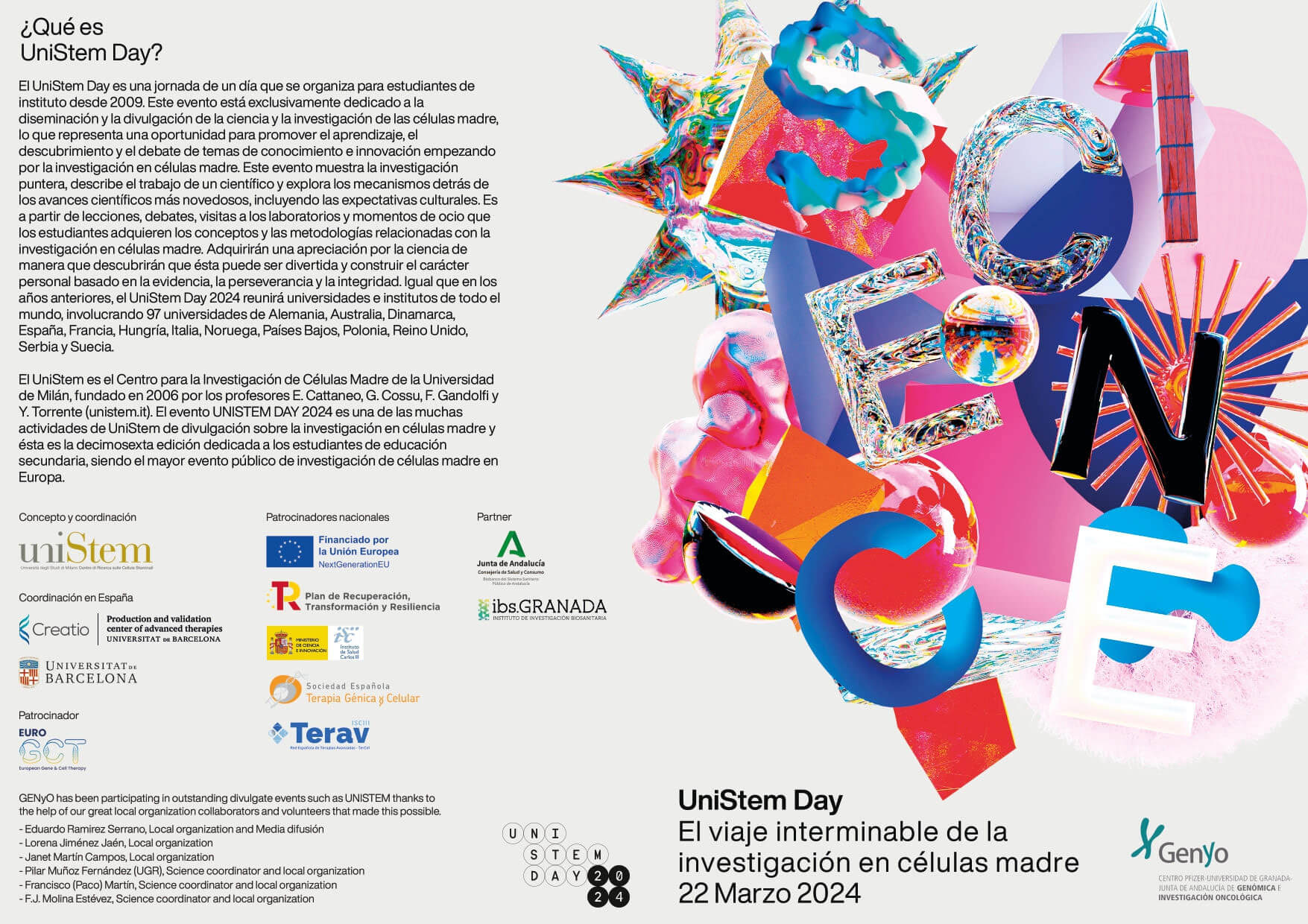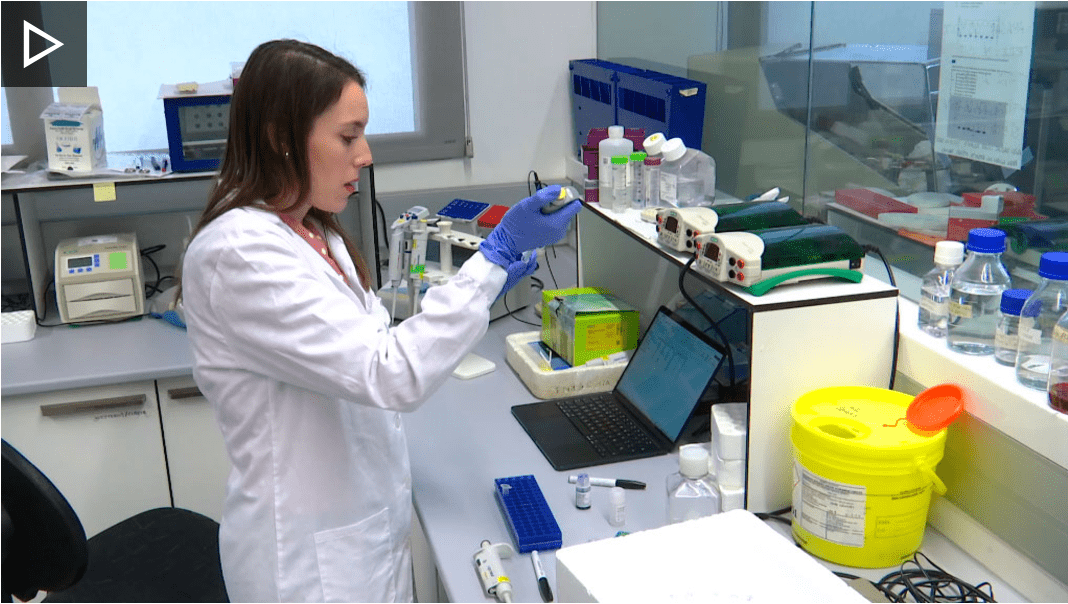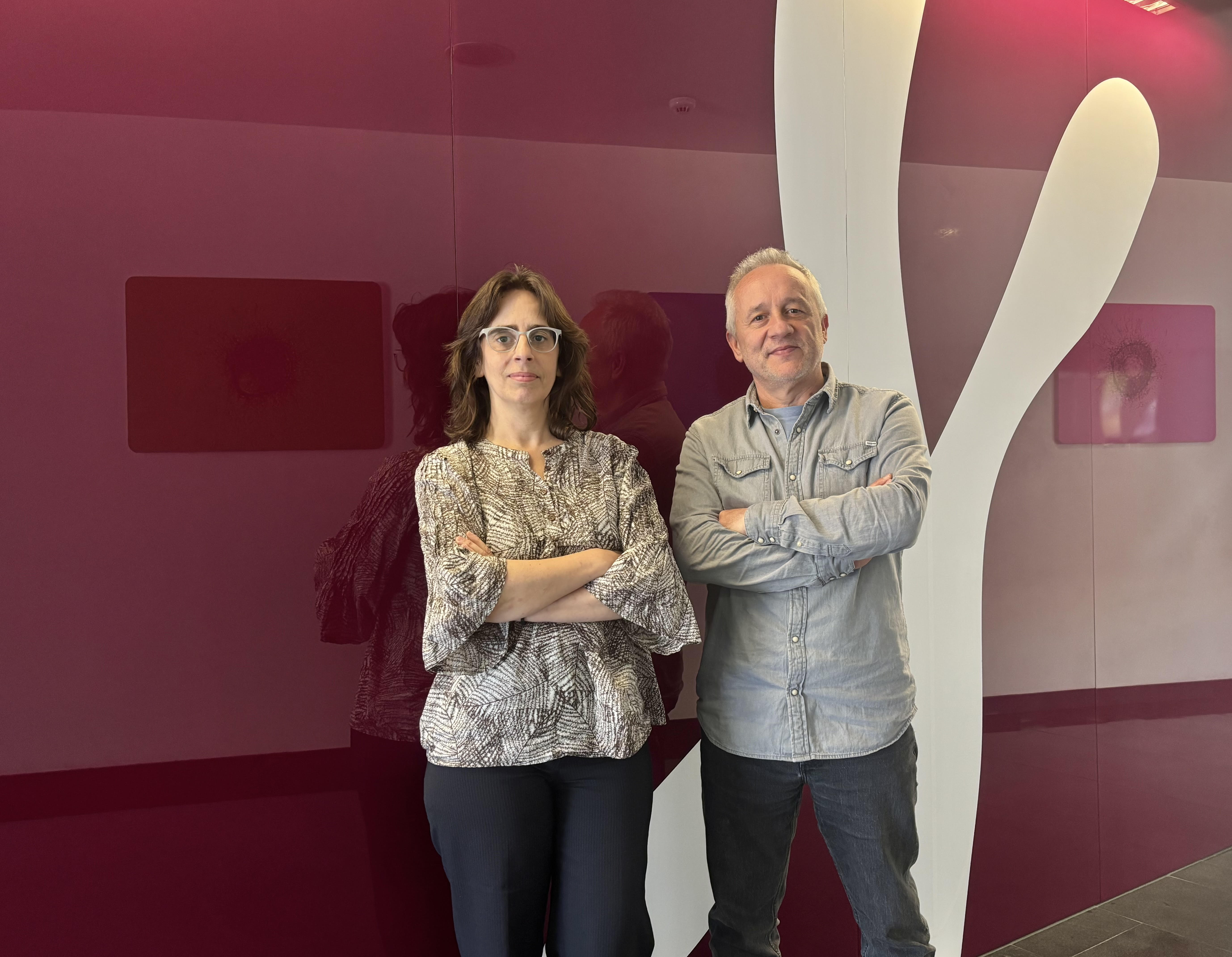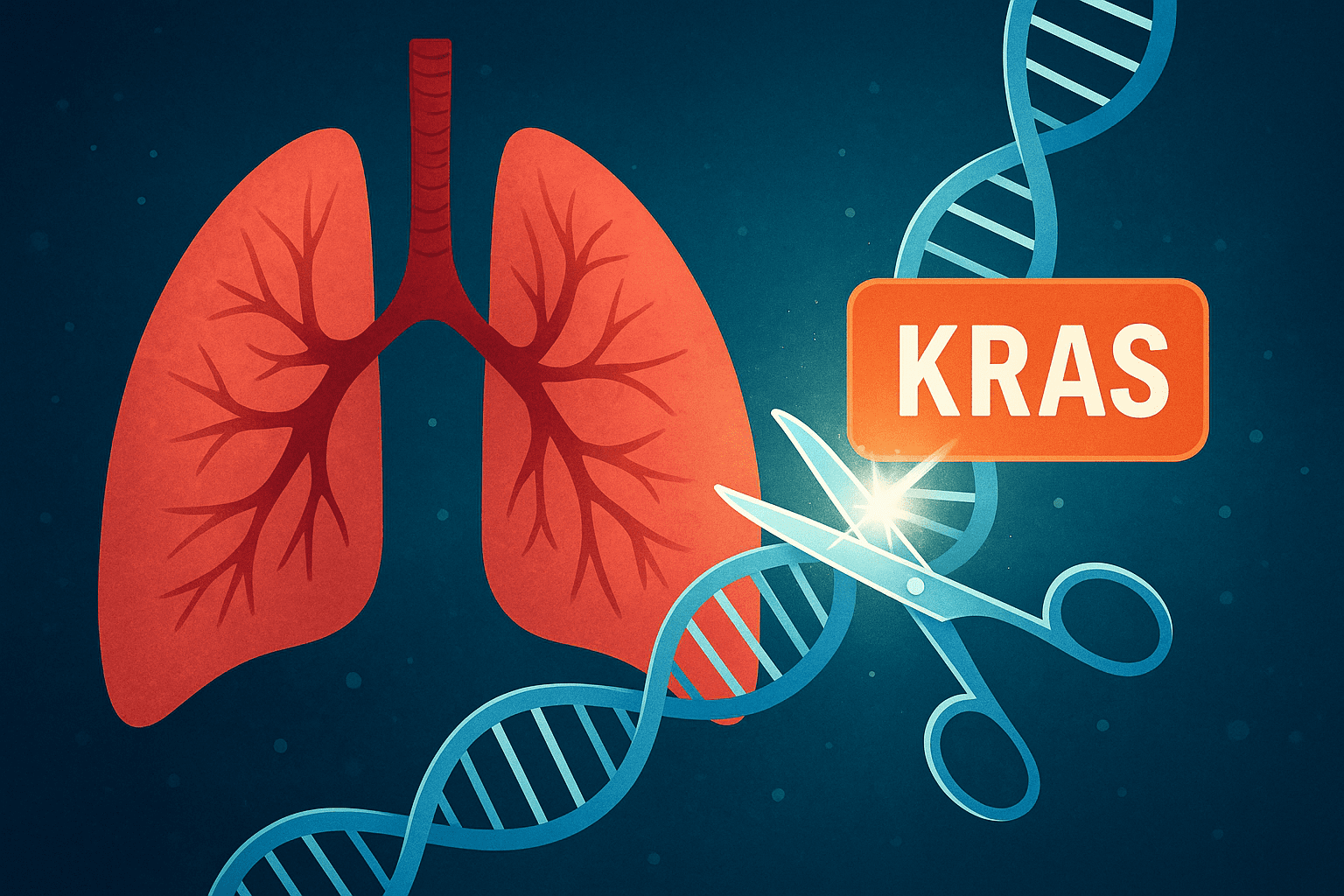
There are no projects in the garbage can.
By utilising advanced technologies, the 3TR project aims to transform the understanding and treatment of immune-mediated diseases, with its core principles in precision medicine. Principal investigator, Marta E. Alarcon-Riquelme, explains.
At a time when chronic diseases place growing pressure on patients and health systems alike, one European research consortium is rewriting how science is done. The 3TR project – short for Taxonomy, Treatment, Targets, and Remission – is a groundbreaking effort to understand the shared mechanisms driving immune-mediated diseases and to pave the way for truly personalised medicine across Europe.
Backed by €80 million in funding through the Innovative Medicines Initiative (IMI2), 3TR unites 69 organisations across 15 countries, including eight major pharmaceutical companies and leading academic institutions, in one of the largest collaborative efforts ever launched in the field of immunology.
A new model for precision medicine
At its core, 3TR follows Europe’s vision of breaking down scientific silos and advancing research that serves the public good. The project is built on the principles of precision medicine: understanding the specific molecular and cellular pathways active in each individual patient, and using that knowledge to match them with the right therapy from the start.
The 3TR motto of right drug, right patient, right time does not just improve outcomes but also reduces the emotional and economic burden on patients and health systems. As 3TR Scientific Coordinator Dr Marta E. Alarcón-Riquelme, Scientific Director of the GENYO centre and researcher at the Fundación Pública Andaluza Progreso y Salud, explains, “By translating science into better therapies, we are making European research more connected, more responsive, and more impactful for people’s lives.”
Studying diseases together. Not apart
3TR takes on seven immune-mediated diseases: rheumatoid arthritis, multiple sclerosis, systemic lupus erythematosus, Crohn’s disease, ulcerative colitis, asthma, and chronic obstructive pulmonary disease (COPD). These conditions may seem distinct, but 3TR’s strength lies in treating them as part of a larger puzzle.
By analysing data from over 50,000 individuals and samples, along with a wealth of clinical trials, researchers are identifying mechanisms shared across diseases – the immune pathways that underpin inflammation, tissue damage, and treatment resistance. This cross-disease approach is revealing that answers found in one disease can illuminate many others, opening entirely new frontiers in diagnosis and therapy.
Tackling non-response and early detection
Despite remarkable progress in the development of targeted therapies, 30–40% of patients still fail to respond to existing treatments. 3TR seeks to understand why this happens and how to predict it.
By integrating clinical data with biological insights, the consortium aims to pinpoint the mechanisms that determine response or non-response to therapies. This could help clinicians intervene earlier, prevent disease progression, and reduce the long-term costs associated with chronic illness.
A win for patients and for Europe’s social healthcare systems alike.
Check out Marta E. Alarcón’s profile: https://www.openaccessgovernment.org/contributor_profile/marta-e-alarcon-riquelme-university-of-granada/
See more news



